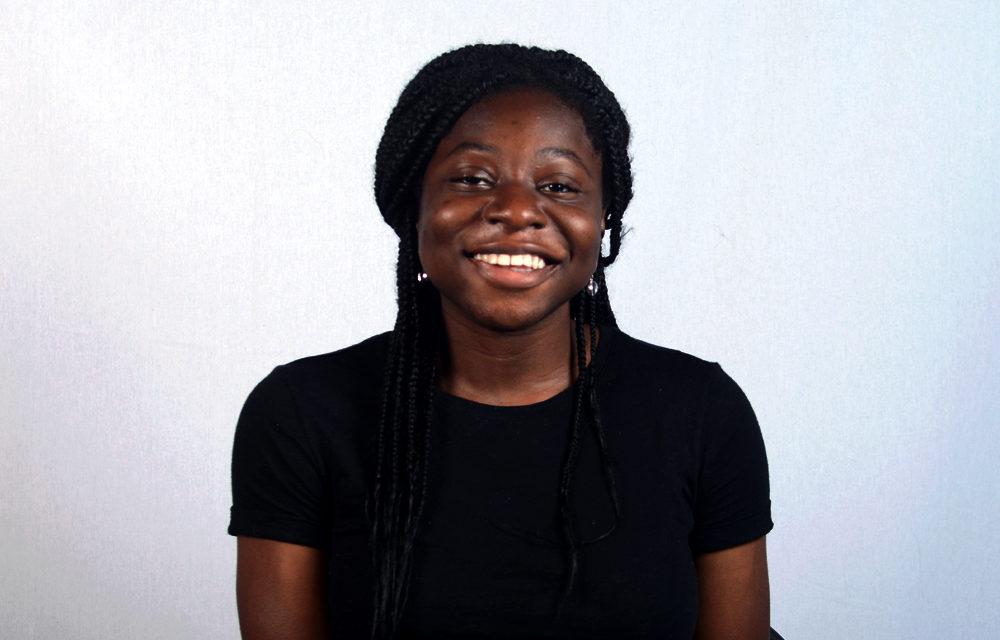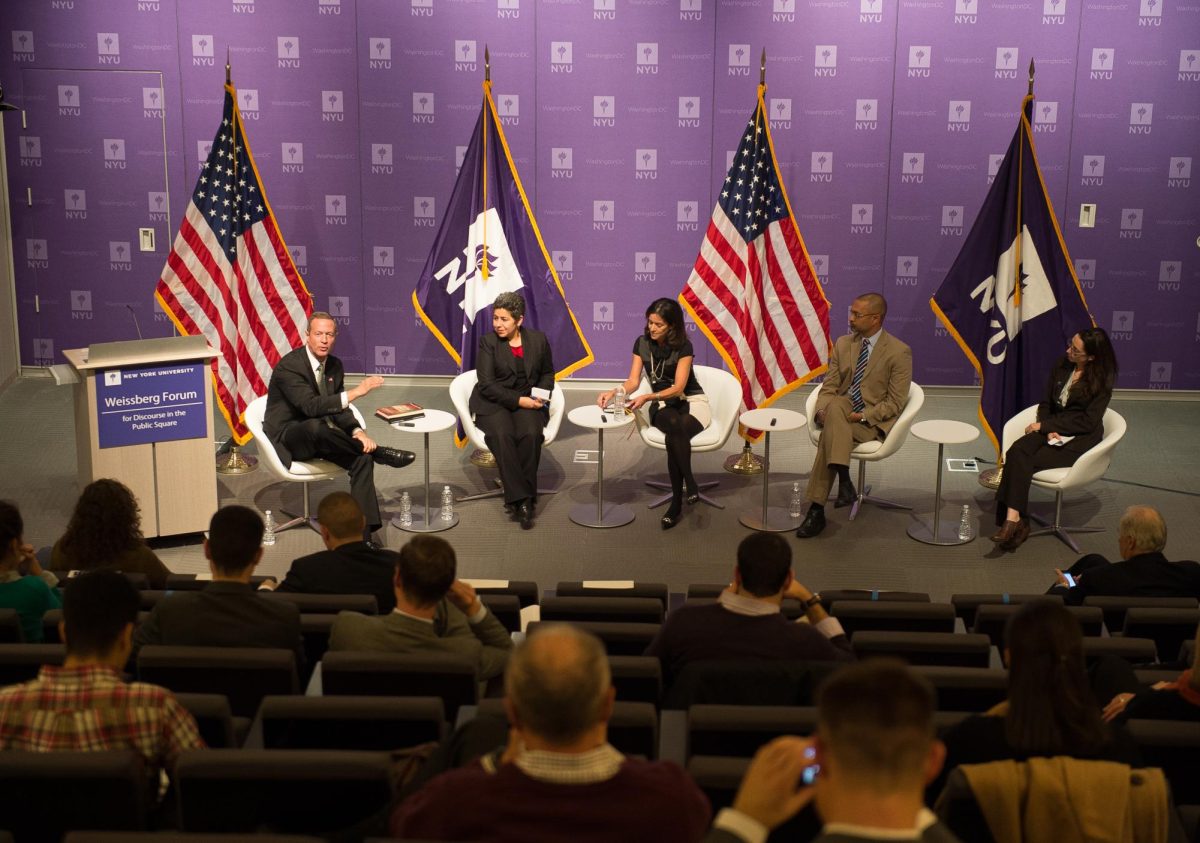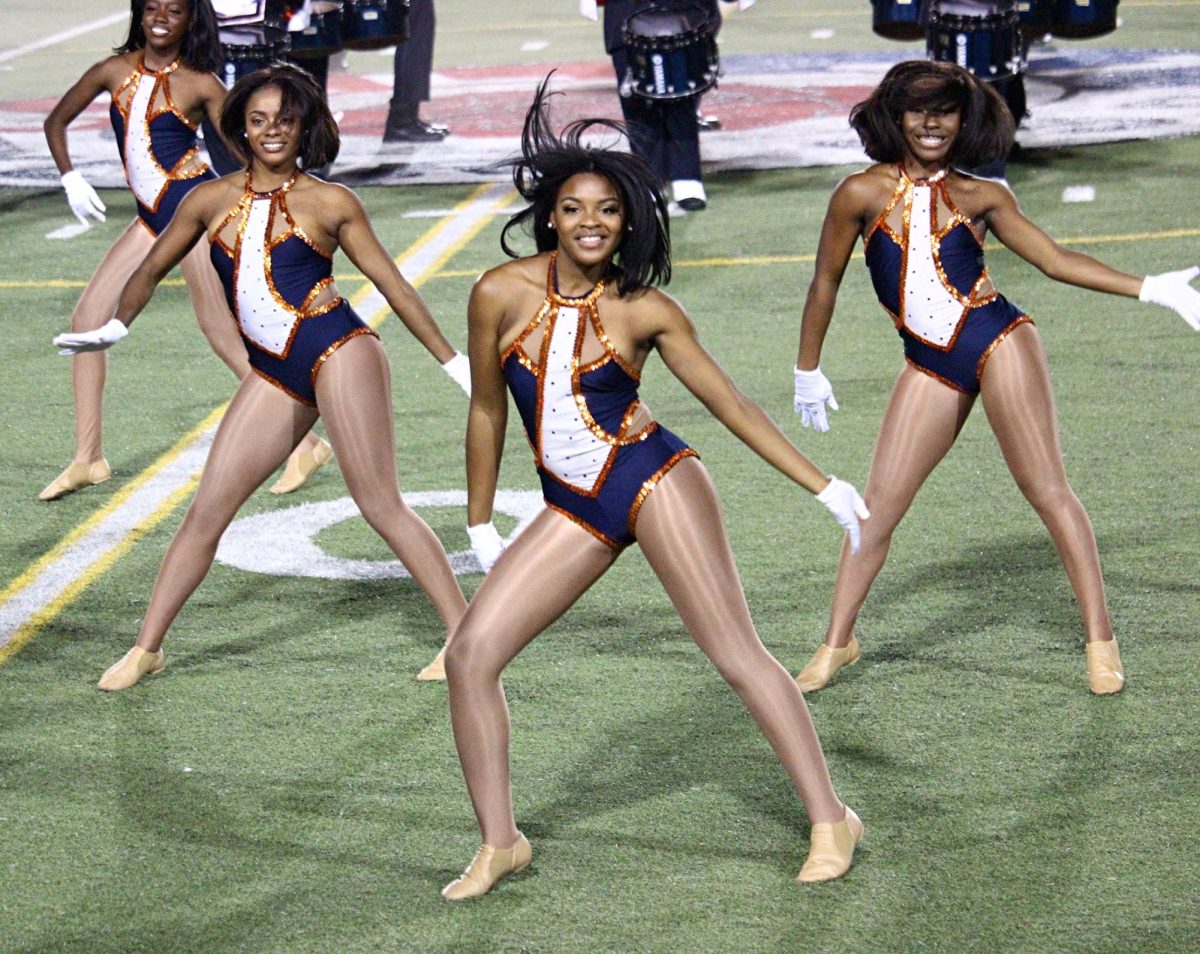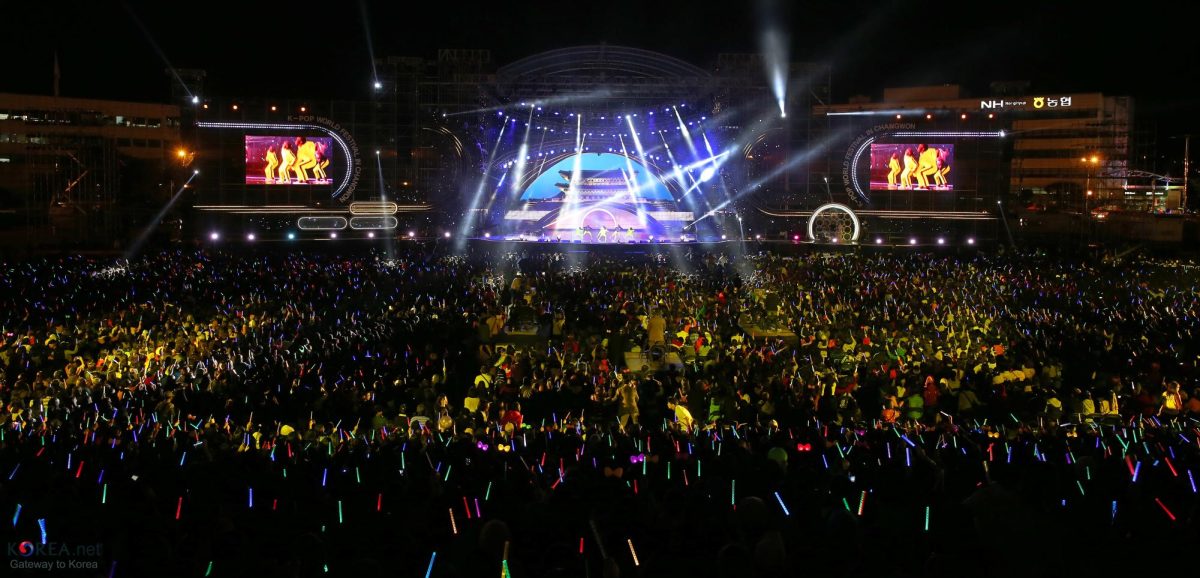Dear Ms. Chimamanda Ngozi Adichie,
First, I would love to say thank you for owning your craft. As a fellow Nigerian, it was hard for me to own my dream to be a writer because, in my family, any other profession besides medicine, engineering or law were not accepted. I continued to question myself asking, ‘maybe becoming a doctor wouldn’t be that bad. I know the money wouldn’t be a problem.’
But then I realized that the love I had for writing was too strong for me not to pursue. And when I heard your speeches, it gave me more confidence to push on ahead toward my dream because I finally found someone who has marched those steps before.
When I saw your TED Talk, “The Danger Of A Single Story”, and how you discussed your life in Nigeria, reading and writing books of Caucasian blue-eyed kids that you did not relate to because it was the only acknowledged view of children in books. It reminded me of my childhood and how I found it difficult to identify with many story characters because it only showed one aspect of living-— an aspect that doesn’t represent the entire human race.
I remember you saying that people like you, especially girls with kinky hair and brown skin, could also exist in literature. That is what stemmed from your writing, writing from things you recognized.
Secondly, I want to thank you for speaking your mind, specifically on cultural issues. Up until now, in the United States, Africa was not appreciated. As you know, people were shown only one aspect, and attributed it to the whole continent, as if Africa was a country. Along with that, it created the mentality that Africa was inferior and lacking in comparison to the US and that there was only one way to be successful.
When I was growing up, kids my age were constantly making fun of my name because they had a mentality that names that weren’t familiar were either unpronounceable or unacceptable. They clicked their tongues, asking if I knew what that meant, and other absurd racist remarks. Because I was so sick of the name-calling, I had my name shortened, assimilating to the main culture, instead of having the boldness to correct the ignorance.
I never really gained that confidence until I got to college.
My experience at NC State forced me to really embrace my culture. Though the majority of the population is caucasian, there are many other students that come from different backgrounds that stand their ground on campus, proudly. I see students wearing traditional attire and holding events that help educate outsiders as well as people among the culture. That inspired me to own my individuality and help rewrite the narrative of my culture that has been so mistreated and misconstrued.
In the TED Talk, you also discussed being aware of your prejudgements, and how you can easily fall into the trap of defining another culture as a single story.
You told a story where you visited Mexico and, at the time, the talk of immigration in the US was the main subject. The US had painted the single concept that Mexicans were people that sneaked across the border, fled from the healthcare system, and depicted them as irresponsible humans.
You talked about your first day in Guadalajara and observing Mexicans living naturally; people working, preparing food, conversing with one another and you were immediately shocked because that story didn’t align with yours. You talked about how shameful you felt about being so involved in what the media had to say, instead of educating yourself on the truth.
“I bought into the single story of Mexicans and I could not have been more ashamed of myself,” You said. So that is how to create a single story, show a people as one thing, as only one thing, over and over again, and that is what they become.“
Ms. Adichie, thank you for being a part of changing the narrative when it comes to representation, teaching me to read the entire book, not just the title.







